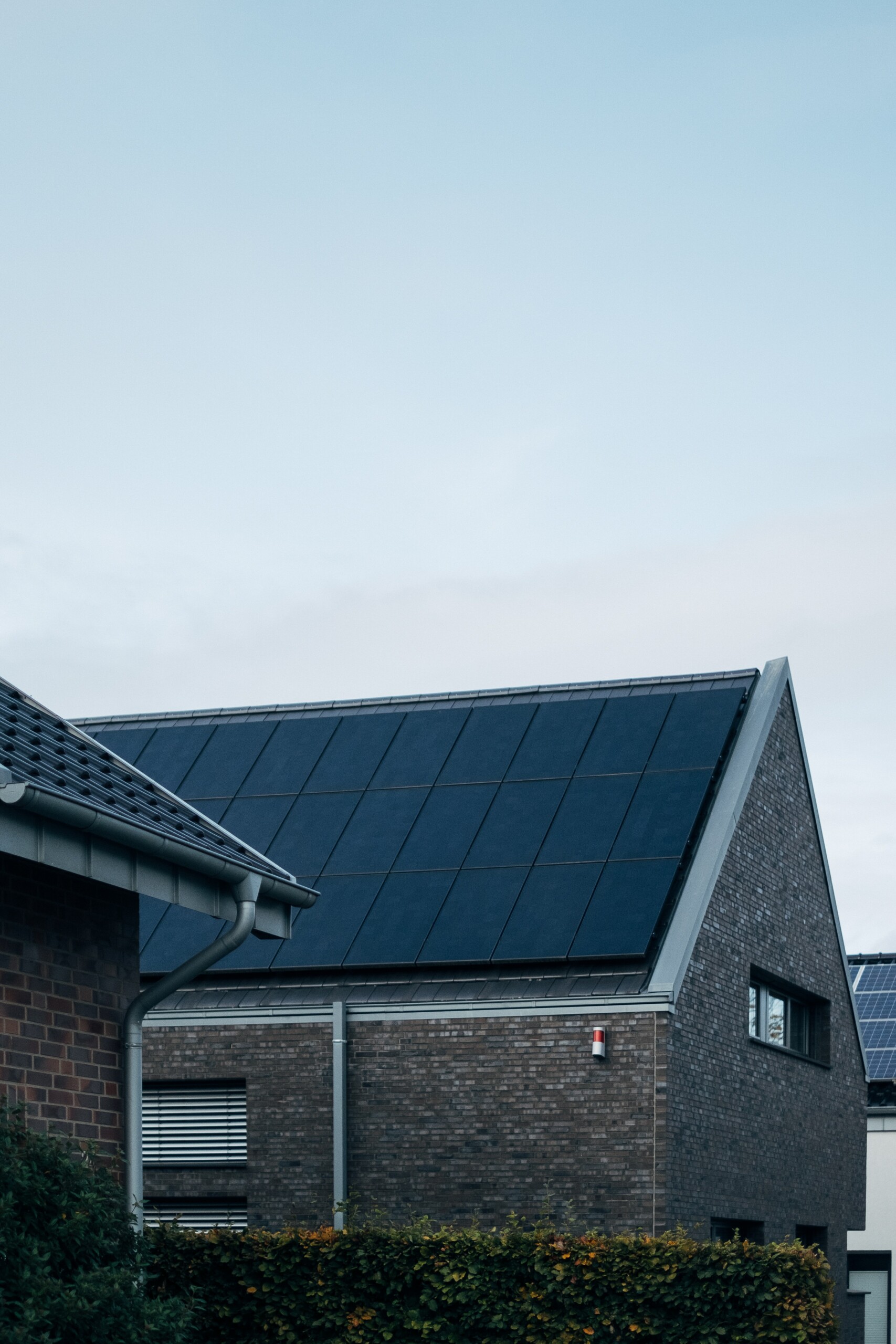[07.04.22]Blog – UK Tenant Survey on Energy Efficiency
A blog by UIPI – The International Union of Property Owners
There is currently a Europe-wide focus on the energy efficiency of private-rented sector housing. In this political landscape, the UK Government is carrying out consultations on a proposal that would expect private landlords’ rental properties to achieve at least an EPC “C” rating by 2028. To answer these consultations, the National Residential Landlords Association (NRLA) has carried out a tenant survey.
The NRLA research observatory has previously found out, in periodic surveys, that many landlords have made energy efficiency improvements to properties in their portfolios. However, there is much concern from landlords surrounding the 2028 target, with fewer than half of landlords believing they would achieve this, with the potential consequence of a contraction in the supply of housing. Surveys are also important to alleviate energy poverty in the private rented sector (PRS) by identifying energy poor tenants and respective homeowners, as well as understanding their needs.
This tenant survey, with a sample size of 2048 people interviewed, asks questions about the energy efficiency of their rented properties. Among others: what is the energy efficiency rating of their rented property; whether they had requested any energy saving installations (and how the landlord had responded to said requests); how tenants would react to disruptions from the installation of features.
The main takeaway from the tenant survey is that there is little awareness amongst tenants of the energy efficiency of the properties they are living in, and 38% of tenants who were aware of their EPC rating stated their property was below the required level.
There is an appetite for improving the energy efficiency of their properties among a minority of tenants, with features such as smart meters and double glazing most sought after. The majority of landlords have also been shown to react positively to tenants requesting such features. Similarly, tenants are mostly accepting of the potential disruptions caused by installing energy saving features.
The most pressing concern for landlords and tenants alike regarding energy efficiency however is the costs associated. Tenants are mostly unwilling to pay higher rent. Previous NRLA research has shown that cost and the sheer quantity of work necessary are the biggest barriers for landlords to achieve this target.
Research can only help improve future policies and NRLA’s study can be useful for ENPOR, a EU-funded H2020 project, which focuses on finding suitable policies to tackle energy poverty in the PRS. Indeed this study reinforces the idea also present in ENPOR’s findings that dialogue between tenants and landlords is essential to improve energy efficiency and subsequently reduce energy poverty, as when this dialogue exists, most of the time fruitful results beneficial for all can be found.


